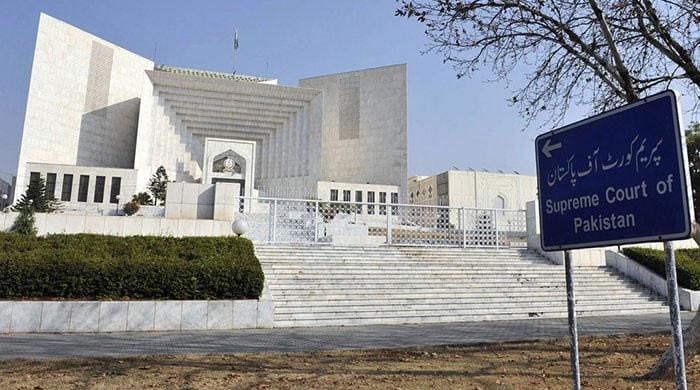Supreme Court Overturns Corruption Conviction of Ex-Pakistan Tobacco Board Official
ISLAMABAD: The Supreme Court has exonerated Sardar Hussain, the former deputy secretary of the Pakistan Tobacco Board (PTB), in a corruption case initiated by the National Accountability Bureau (NAB). This decision nullifies previous guilty verdicts from both the trial and high courts.
A three-judge panel, presided over by Justice Athar Minallah, released a comprehensive 14-page judgment, asserting that the prosecution failed to substantiate the corruption allegations against Hussain.
The apex court’s judgment stated: “Considering the aforementioned, we firmly believe that the case against the petitioner remains unproven, and the offense under section 9(a)(vi) of the NAO, 1999, has not been established.”
“The petitioner’s situation warrants an acquittal; therefore, the contested judgments from the Trial Court and the High Court are overturned, granting Sardar Hussain the benefit of the doubt. He is absolved of all accusations,” the verdict declared.
Notably, the petitioner had already been released from incarceration after completing his sentence.
The court noted that neither Hussain nor his family had derived any financial gain, while a PTB cashier admitted to creating fraudulent checks and misappropriating funds.
The ruling emphasized that Hussain, having already served his jail term, could not be held accountable for the embezzlement.
Internal investigations had also cleared him of wrongdoing, whereas the cashier, Aleem Mehmood, confessed to manipulating records and stealing millions from PTB accounts.
In 2015, an accountability court sentenced Hussain to a three-year prison term and imposed a fine of Rs4.5 million for alleged financial improprieties at PTB.
The Peshawar High Court upheld the conviction in 2018, albeit reducing the fine. Subsequently, Hussain lodged an appeal with the Supreme Court that same year.
The highest court determined that the errors attributed to Hussain were merely procedural irregularities, not corruption as defined by the National Accountability Ordinance.
Granting him the benefit of the doubt, the court acquitted him of all charges and invalidated the prior judgments.



Comments (0)
No comments yet. Be the first to comment!
Leave a Comment